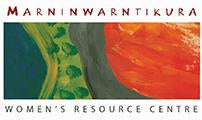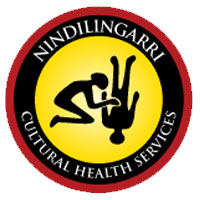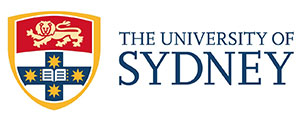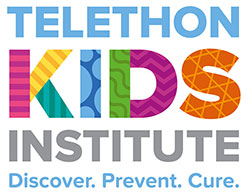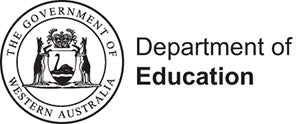Our Patron
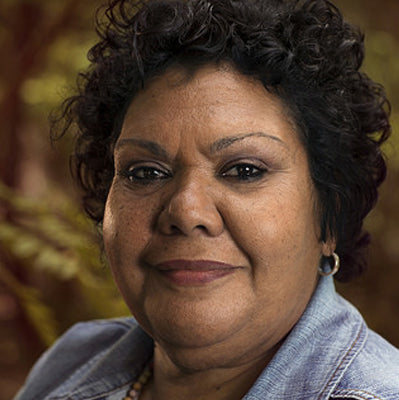 |
A message from our Patron - June OscarMarulu is a word from my mother tongue, Bunuba. It means precious, worth nurturing. Each child deserves a life where they can be all that they want to be. All our children in the Fitzroy Valley are a vessel carrying a future that will restore our society to its full health and wellbeing. This strategy promises to honour the human rights of our children for today, and for all our tomorrows. It lays the groundwork, and builds the infrastructure for the wraparound supports and care to strengthen our children and their families’ resiliencies to create long-term generational change.
|

